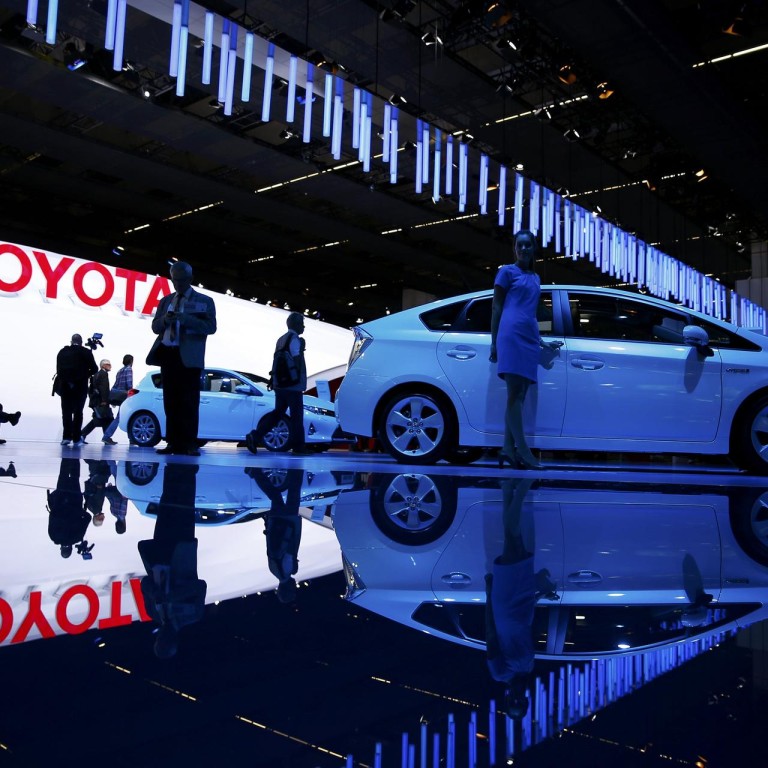
Lemon law may squeeze small carmakers
A beefed-up vehicle warranty law that takes effect in China on Tuesday is unlikely to burden global carmakers but will likely raise costs for smaller local players that may add to pressure for eventual consolidation in the country’s fragmented car industry.

Big global manufacturers such as General Motors or Toyota Motor are well-equipped to take the regulations – no more stringent than those they already face in their home or international markets – in their stride.
But for some indigenous players, especially smaller, little-known carmakers with less rigorous quality control, the tougher requirements could sharply increase warranty-related costs.
“This will add pressure on many low-quality local brands in 2015 onwards,” said Jeff Chung, a Hong Kong-based analyst with Daiwa Securities. He said warranty costs could double for some.
“I do not see this new regulation driving those smaller and weaker players into the ground in the next 12 months, but yes, they could be in trouble longer-term, because industry consolidation is the ultimate goal for the central government.”
China has more than 70 registered carmakers, most competing for just a thin sliver of the world’s biggest car market. Many are already feeling the pressure from a slowing economy and tougher fuel economy requirements due to be implemented.
As in other manufacturing industries, such as steelmaking and shipbuilding, policymakers in Beijing are trying to encourage carmakers to merge and combine operations to create bigger and more globally competitive homegrown firms.
Under the new law, Chinese customers will, for example, have the right to a full refund or replacement vehicle if serious safety issues, such as problems with steering or brakes, are not resolved after two repairs within a two-year, 50,000 kilometre warranty period.
Before, dealers and carmakers in China were under no obligation to buy back or replace cars with such defects.
Chung pointed to the example of Great Wall Motor to forecast how the changes may raise costs for domestic manufacturers.
Two years ago, Great Wall began offering warranties similar to those now required by law, and its warranty costs have nearly doubled to 1.8 per cent of revenue from 1 per cent in 2010, he said.
Bigger, deeper-pocketed players such as Zhejiang Geely and BYD should be able to weather the impact, but smaller players will find it tough, he said.
According to Mei Songlin, a Shanghai-based analyst for consulting firm J.D. Power, the new law could prove burdensome for dealerships, too.
Mei expects them to have to set money aside as reserves to handle increased warranty claims.
That financial burden could possibly be shared among carmakers, dealers and part suppliers, depending on their actual responsibilities but would be “next to impossible” to pass on to consumers, Mei said.
The past few years have already seen some small moves towards consolidation in China’s vehicle industry, such as Changan Automobile’s takeover of micro-van maker Harbin Hafei Automobile Industry in 2009 and Guangzhou Auto’s move to take control of small pick-up truck maker Gonow and Changfeng Automobile, which has a 50-50 manufacturing and sales joint venture with Japan’s Mitsubishi Motors.
More recently, Beijing Automotive said in August it had agreed to buy smaller domestic firm Zhenjiang Automobile for 15 billion yuan (HK$18.9 billion) to gain more scale and compete better with its rivals.

